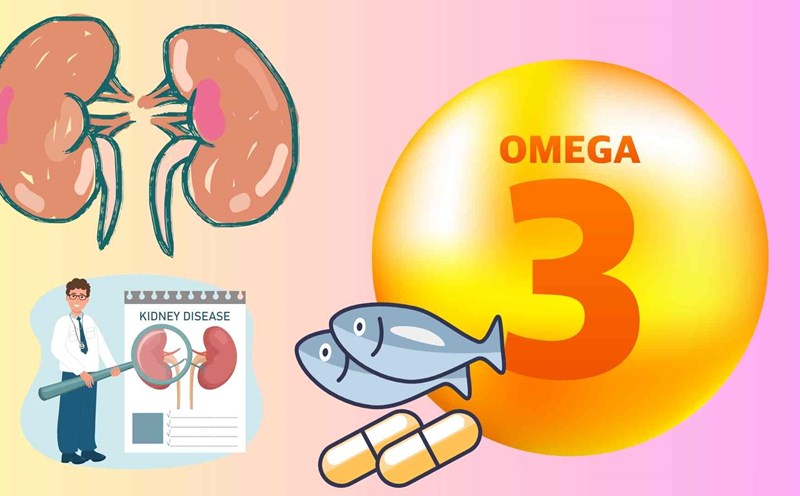According to statistics from the National Kidney Foundation (NKF, USA), people who consume more than 1 can of soft drinks per day are at higher risk of impaired renal filtering function (eGFR) than those who do not consume or only drink occasionally. The reason lies in the amount of refined fructose and inorganic phosphat, two common ingredients in bottled soft drinks.
Dr. Richard J. Johnson, a nephrologist at the University of Colorado (USA), analyzed: Fructose triggers an inflammatory and oxidative response in renal Tube cells, causing chronic damage. At the same time, high sugar levels increase insulin resistance, affecting blood pressure and the blood filtration process at the kidney thoracic."
Not only does it stop at sugar, soft drinks also contain inorganic phosphate, an additive that helps enhance flavor and prolong shelf life. However, phosphate is quickly absorbed into the blood, increasing the concentration of serum phosphate, stimulating calcium deposition in blood vessels and kidney tissue, causing tissue fibrosis and damage to the natural filtering function of this organ.
A study published in the Clinical Journal of the American Society of Nephrology (CJASN) shows that people who consume foods rich in inorganic fosfat, especially from soft drinks and bottled drinks, have a faster rate of kidney disease progression, even in people without a history of kidney disease.
The impact of soft drinks also increases significantly if combined with other risk factors such as obesity, sedentary lifestyle, high blood pressure or prediabetes.Dr. Johnson emphasized: We cannot consider soft drinks as an isolated factor.In modern lifestyle, it is part of a chain of risks that contribute to metabolic syndrome and increase the burden on the kidneys".Health experts recommend limiting the consumption of carbonated soft drinks to less than once a week.
Instead, you should prioritize drinking water, light mineral water, coconut water or herbal tea.Carefully reading product labels, especially those containing phosphat or refined sugars such as high-fructose corn syrup (HFCS), is also very necessary.
In addition, maintaining a healthy lifestyle of balanced diet, increasing green vegetables, limiting processed foods, and exercising regularly is a long-term and sustainable way to protect the kidneys and prevent metabolic diseases.
Kidney failure does not come on the first or second day, but the seemingly harmless cans of soft drinks every day are the catalyst that increases the rate of decline of one of the body's vital organs. Don't let sweet habits be exchanged for too high a price.











